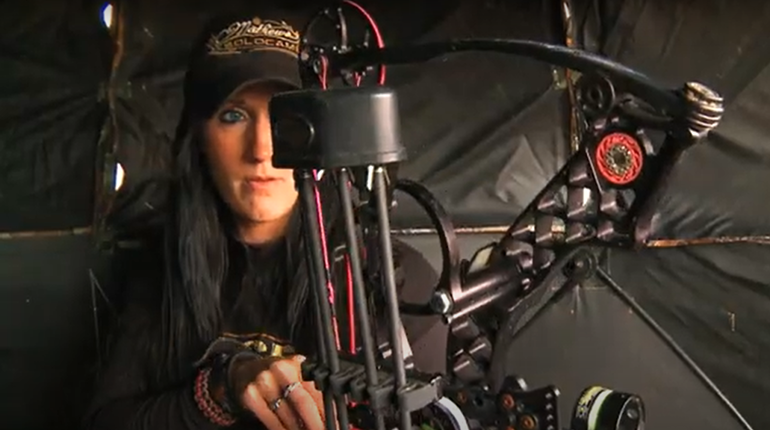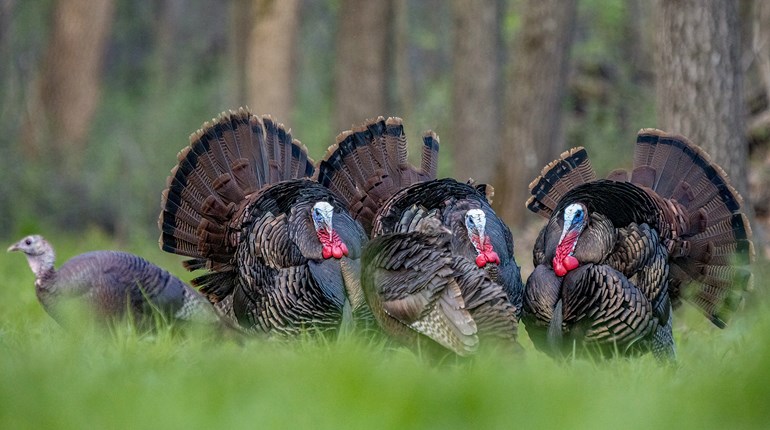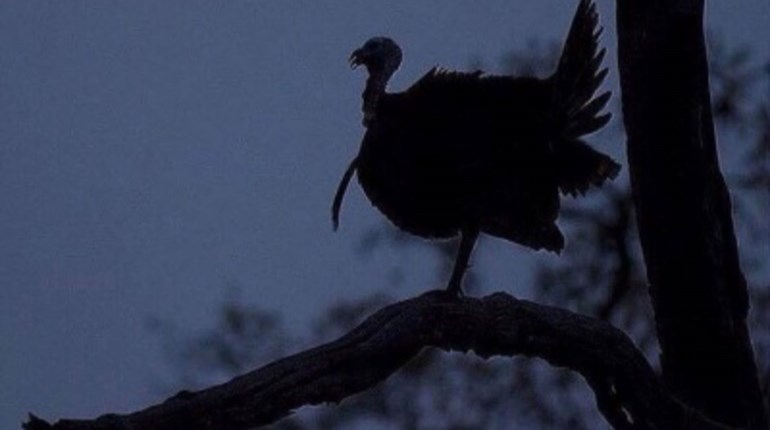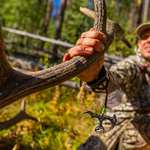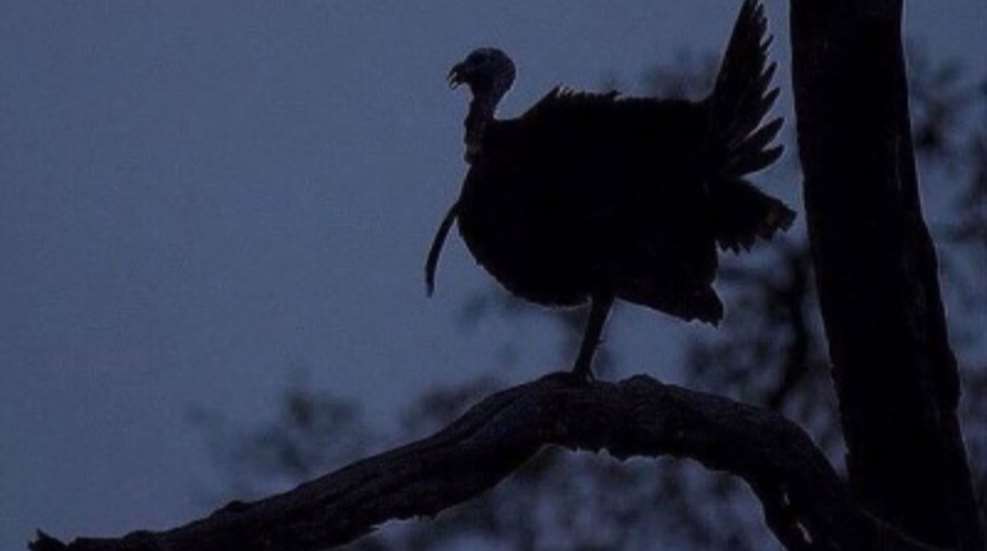
With the 2025 spring turkey season well underway, we are going to take a little time to bust some turkey hunting myths and possibly help you fill more tags. These are topics I often cover in my seminars, and they are answers to questions I get every single season.
I have little doubt that someone reading this column has killed more gobblers than me. There is also the chance that someone out there has killed a bigger tom than me. But one thing I know for sure is there is very little chance any of you have spent more time studying this bird in the field and learning from 55-years of trials and errors.
I am often asked, “Why do you hunt turkeys?” The answer is easy; I hate ‘em! I grew up in SE Missouri getting wing marks on my face on a very regular basis. I hate to admit how many times a bird with a brain about the size of a pea beat me. So, I started to apply science to my turkey hunting and with that began to fill more and more tags.
None of us can out-fly a gobbler, nor can we outrun one. We certainly cannot out-see a turkey. He sees clearly at 100 yards what we see clearly at 10 feet. So, what is the only advantage we have over this adversary? It is the difference in the size of his brain compared to ours? We should be able to out-think him every time.
The Good Lord did not give birds the ability to rationalize and reason. He gave those to us. Birds and all animals for that matter merely respond to stimuli. They respond positively to positive stimuli and negatively to negative stimuli. This is commonly referred to as instinct.
This is why we should be able to out-think them very consistently. The topic we are going to think out today are two words that have been used historically since modern turkey hunting began. Today we are going to bust the tree talk myth.
Tree talk is the traditional term used for calling a gobbler while he is still on the roost. The prevailing thought is that if you can get a gobbler engaged in a conversation with a hen, then that gives him a reason to fly down in your direction and come looking for the hen he was talking with. One quick question though—have you ever called to a tom on the roost, had him answer, and when he flies down he moves off in the opposite direction? Happens a lot, doesn’t it?
Now let’s think about what really happens. Contrary to popular belief, the gobble is the only real mating call made by wild turkeys. The hen yelps, clucks, putts and purrs that we learned in our first year of turkey hunting are sounds hens make the year round. When a tom gobbles from his roost he is announcing his exact location so that the hens on the farm that are ready to be bred that day hear him, fly down and go to him. That’s the way it’s drawn up.

From the day the first hen was ready for breeding this season the gobbler has screamed from his roost and hens hear him and show-up under his tree for their daily date. They may talk to him from their roost, but they ultimately go to him. As we hear hens responding verbally to the gobble, we feel compelled to get in on that conversation so as not lose out. That is a very common and a very unproductive mistake.
As you call to a gobbler while he is still on the roost, he will likely respond to your call with another gobble. This gives you confidence in your calling, so you call again and again he answers. You are not giving him a direction to fly down. Instead, you are giving him all the positive stimuli he needs to stay put until a hen or hens arrive at his location. And they will. Then he flies down to them and leaves with them as you wonder what in the world went wrong.
So, our thought process at this point should be very obvious—never call to a gobbler on the roost. Every time you call and he answers, you are driving nails through his feet into his limb. Wait until he is on the ground and then start your calling sequence. Do not worry that he is now with hens.
You have a much better chance of getting him by the ankles if you hold off on all calling until he is on the ground. When he does hear your call after he has flown down, he knows exactly where you are. If he flew done to a hen or hens, he will finish with them within an hour or so and they will return to their nests. He will now seek out the hen he talked to earlier. That’s you.
I think we can consider this myth fairly busted. To see these tactics in action, subscribe to Mid-Mo Reapers on YouTube.












